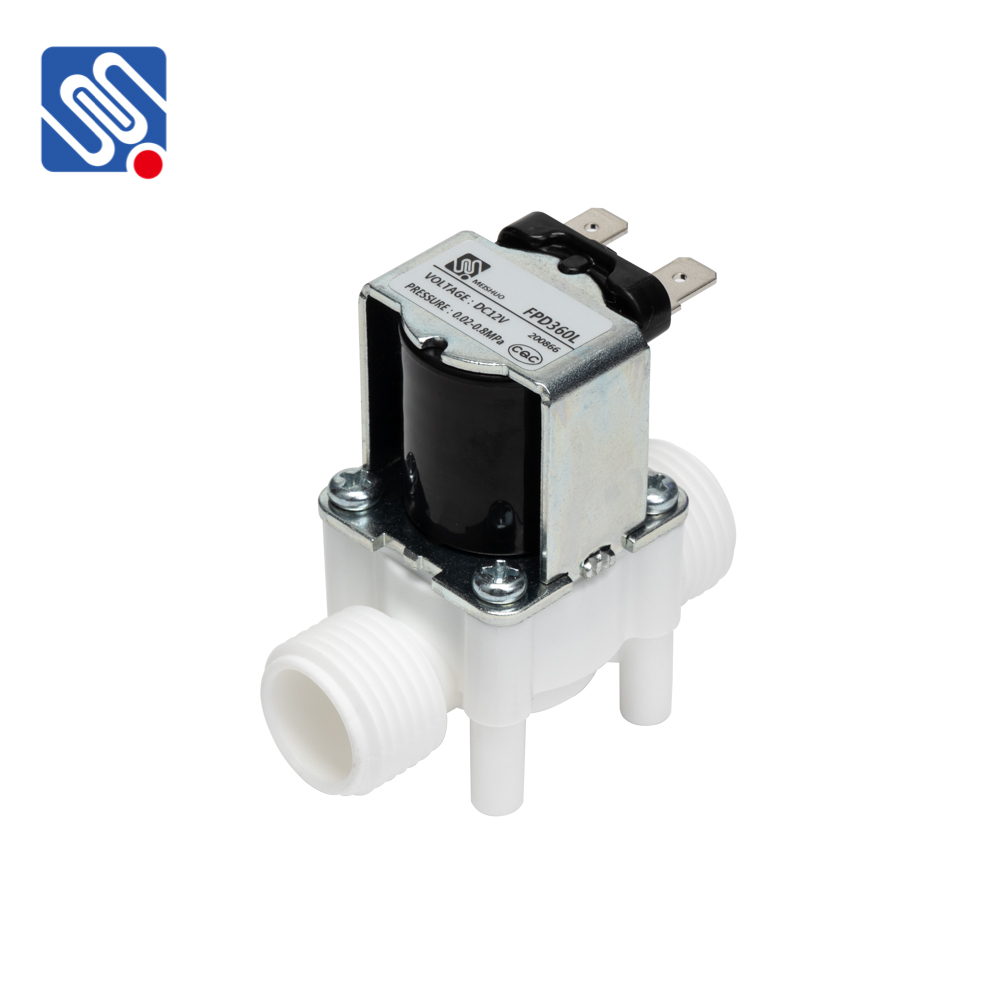ac solenoid valve: an essential component for control systems
Release time:2025-06-26 22:26:13
An AC solenoid valve is a crucial device in a wide range of industrial and household applications. These valves are designed to control the flow of liquids or gases through pipes or tubes using electrical signals, and they operate with alternating current (AC) power. The versatility and efficiency of AC solenoid valves make them indispensable in various fields such as HVAC systems, water treatment, irrigation, and even automotive applications. In this article, we will explore what AC solenoid valves are, how they work, and their significance in modern control systems.

What is an AC Solenoid Valve?
An AC solenoid valve is an electromechanical valve that utilizes the magnetic field generated by an electric current to control fluid flow. The core element of this valve is a solenoid, which consists of a coil of wire through which an electric current passes. This current creates a magnetic field, which then moves a plunger inside the valve. The movement of the plunger either opens or closes the valve, allowing or stopping the flow of the fluid.
In an AC solenoid valve, alternating current is used to power the solenoid coil. When the AC current flows through the coil, it generates a magnetic field that moves the plunger. Unlike DC solenoid valves, which use direct current to create a continuous magnetic field, AC solenoid valves experience a fluctuating magnetic field due to the alternating nature of the current. This characteristic can influence the design and performance of AC solenoid valves, but it also offers advantages in certain applications.

